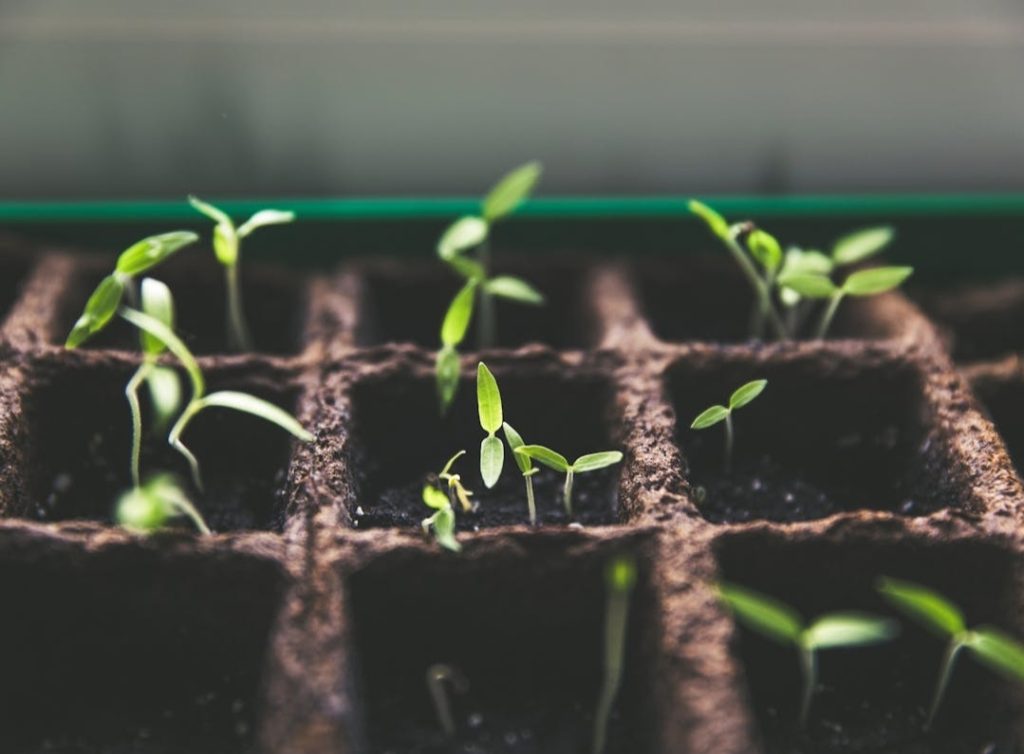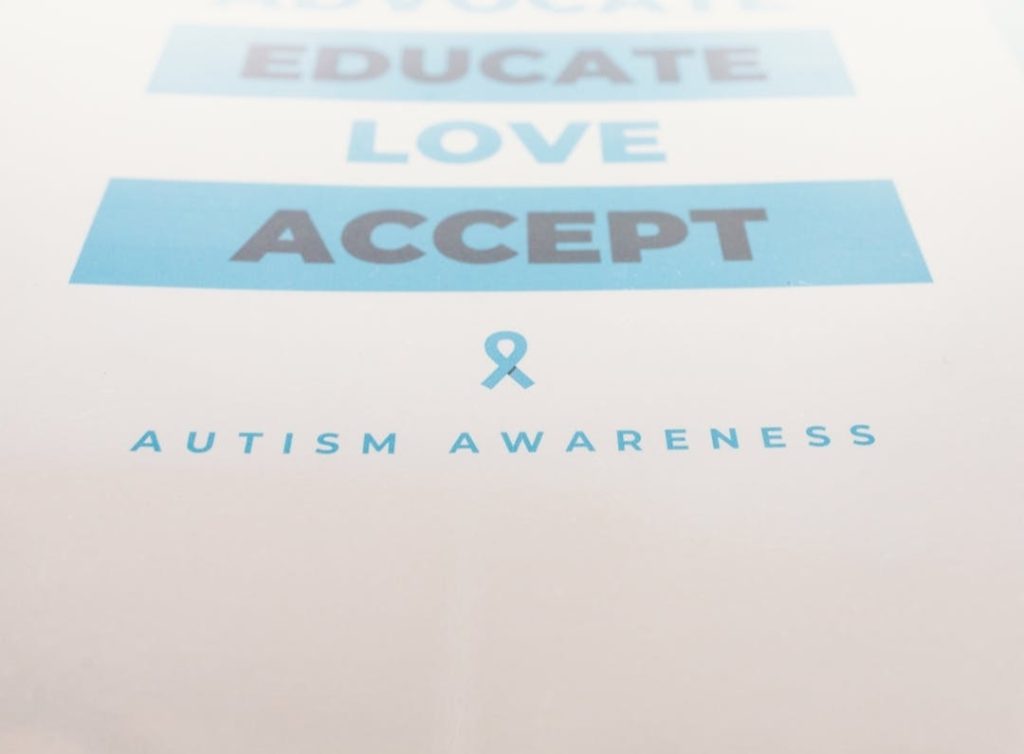The first Friday in March marks National Day of Unplugging, a 24-hour opportunity to step away from our phones, laptops and the all-encompassing devices that are tightly knitted into the fabric of our daily lives. From sundown Friday to sundown Saturday is not that long, but this year, the task of “unplugging” seems like an especially unfathomable request.
Thanks to technology, we’ve been able to stay connected during the pandemic. Zoom calls replace daily work meetings. FaceTime and instant messaging in-place for weekly coffee chats. We rely on social media to peer into our friends’ lives. Without our televisions, how would we stay up to date on what’s happening around the world? And thanks to the internet, we’ve been able to avoid risky trips to the store and shop from the comfort of our couch. For the majority of people, technology is at the center of how we socialize, interact with, and understand the world.
But while technology has the obvious benefit of letting us stay safe and inside throughout the pandemic, we can’t deny the impact it has on our psyche and daily life.
Instead of seeing our friends and family in person, we communicate with them through screens where a feeling of distance lingers. Sitting all day on Zoom calls can make us feel fatigued as we stare blankly into a screen. Social media paints a picture of what people want us to see, the best parts of their lives in some kind of distorted reality, leaving us self-conscious and insecure about our own livelihoods. Having access to a 24/7-hour news feed on our phones, laptops and televisions makes it increasingly difficult to limit the bad news flying at us from what feels like every angle.
The reason it’s so entrenching is because it all lies at our fingertips. Smartphones are always in our pockets, laptops in backpacks strapped to our bodies and televisions sitting at the center of our homes. All it takes is one click to access it all. During this period of unprecedented isolation, the desire to click is even more tempting. A perfect storm.
The ask to unplug is enigmatic. How can we step away, even if it is just for 24 hours? Is it even possible when we need technology to do our jobs, check in on our parents and relax at the end of the day? But as we’ve learned throughout this pandemic, the best way to rise to the challenge given current circumstances is to change how we play the game.
Instead of seeing this as a 24-hour block-out of all technology, let’s reframe it as an opportunity to reset, re-evaluate and reform our relationship with it. A chance to pause and understand how it shapes our day-to-day productivity, mood and relationships with others.
When we reach for our phones in the morning, what information are we intaking, and how does it make us feel? After hours of Zoom calls and classes, what can we incorporate into our daily routine that lets our brain reset? What are some non-tech ways to fall asleep at night that keep us away from turning on nightly programming? This 24-hour period of being disconnected is a good time to ask these questions and pursue a path of balance.
I’m remembering one of the many fortune-cookie sayings that my mom spills out to me in our daily chats: “There is such a thing as too much of a good thing.” While half the time I just nod and turn back to my phone, something about this quote is sticking today.
In a day when we have access to it all at every moment, we need to find balance. National Day of Unplugging doesn’t mean we need to abandon our devices, run into nature and live out our Into the Wild fantasy. It’s about finding the middle ground. Picking up a book before bed to fall asleep with instead of turning on the TV. Going out for a social distance walk instead of catching up over FaceTime. Waking up with a stretch, coffee and journal writing before you flip open your laptop screen. It’s about carving out our own working relationship with technology to find the balance we need.
Our Her Nexx Chapter Community invites you to join us where women are connecting with each other’s stories, exploring different experiences, and transforming ideas.
The Future of Connection for Women
Follow us:







